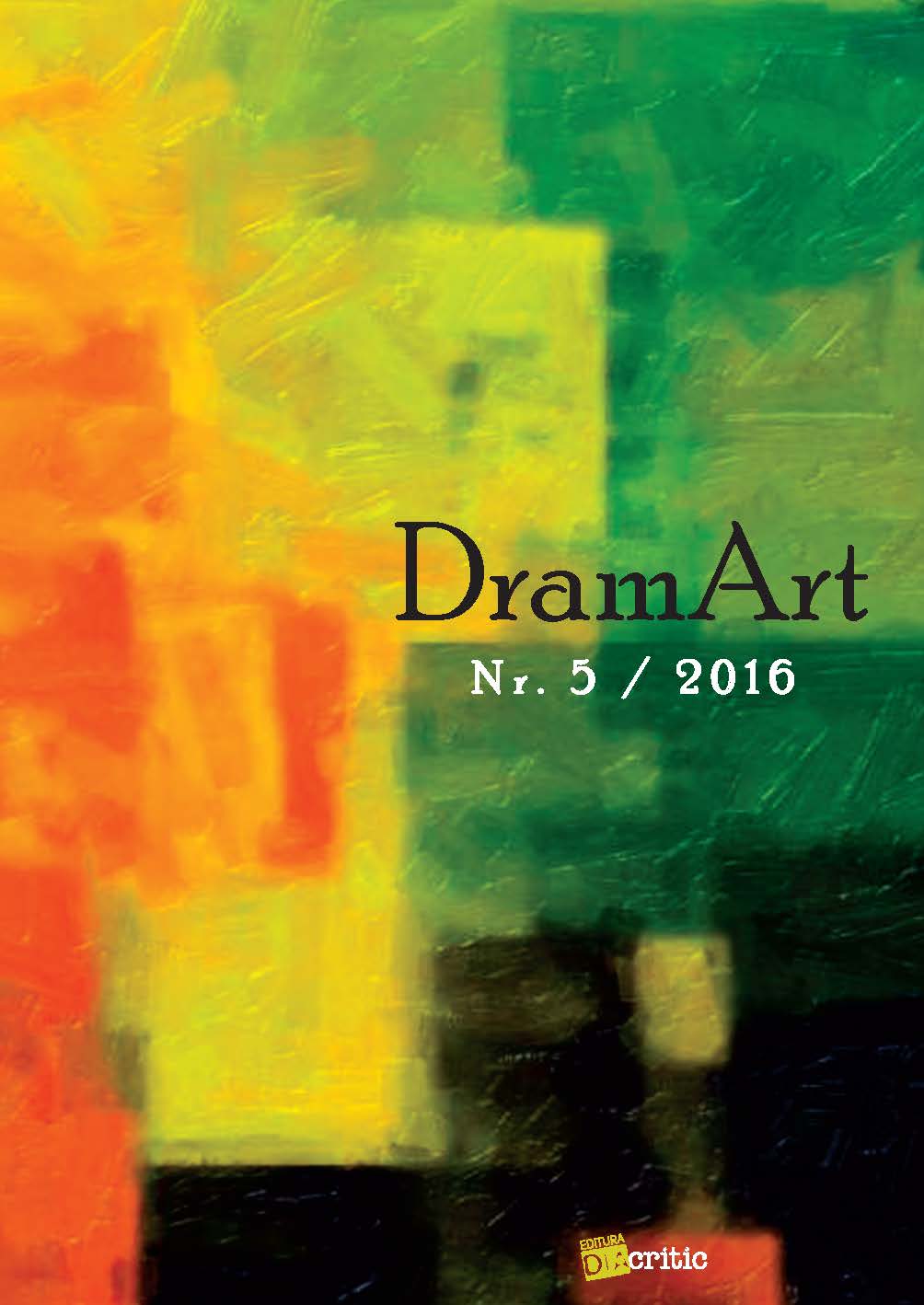Solvejg and Her Sisters
– A Study on the Implicit Genealogy of Virtue-based Chinese Morality in Ibsen’s Plays
Solvejg and Her Sisters
– A Study on the Implicit Genealogy of Virtue-based Chinese Morality in Ibsen’s Plays
Author(s): Wang YueSubject(s): Theatre, Dance, Performing Arts, Literary Texts, Fine Arts / Performing Arts, Drama
Published by: Universitatea de Vest din Timişoara
Keywords: Ibsen; Solvejg; genealogy; Chinese morality
Summary/Abstract: This paper argues that, in Ibsen’s plays, there is an implicit genealogy of virtue-based Chinese morality formed by a few spiritually connected characters; Solvejg (in Peer Gynt) is one of the most significant characters. Rather a lonely being, she and her sisters have formed the branch of Ibsen’s main female characters, which I refer to as the implicit genealogy of virtue-based Chinese morality – Solvejg herself as the original ideal of the Chinese moral, Nora (in Et Dukkehjem) and Beata (in Rosmersholm) as her counterparts (motstykke), Hedda (in Hedda Gabler) as her opposite (motsatt), and eventually, Rebecca (in Rosmersholm) as her potential (potensiell) alter ego – respectively, they embody different facets of Chinese moral thoughts and thus have revealed the ethic view of Ibsen’s plays from three levels: thesis, antithesis, and synthesis. Ibsen’s ethic view coincides with the traditional Chinese moral thoughts.
Journal: DramArt.Revistă de studii teatrale
- Issue Year: 2016
- Issue No: 5
- Page Range: 49-71
- Page Count: 23
- Language: English

